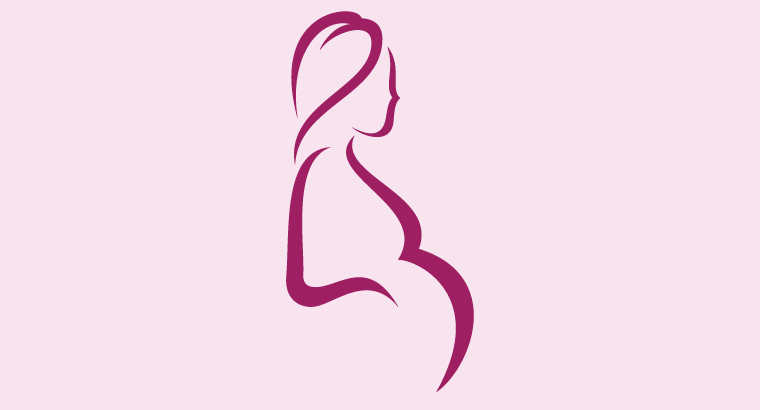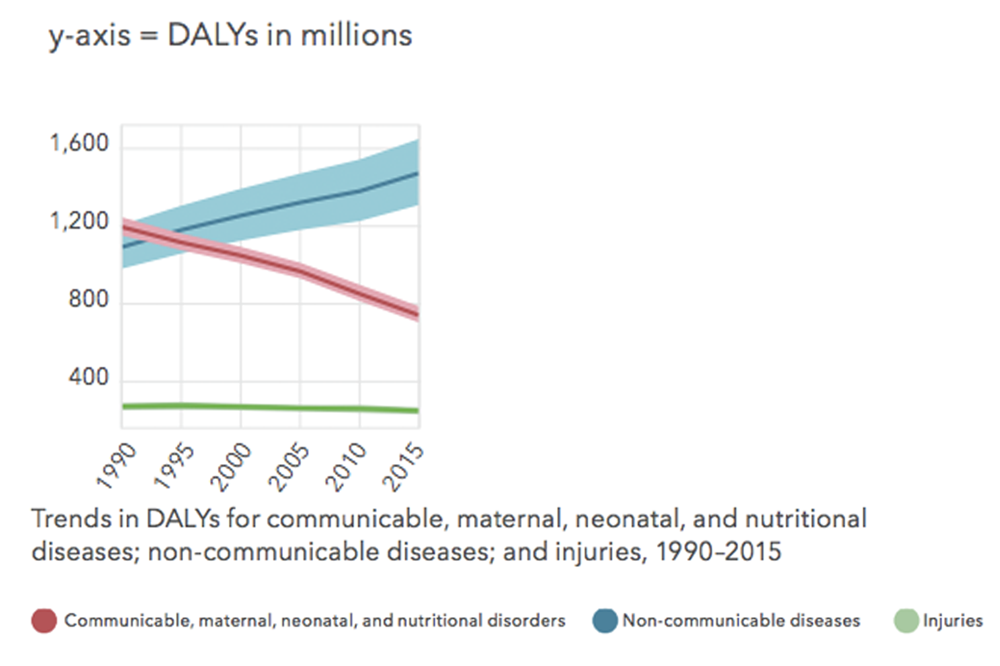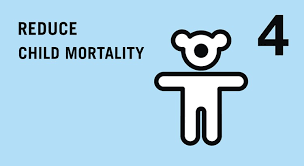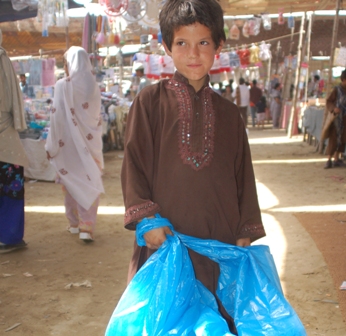Maternal morbidity and mortality remain major problems in many parts of the world – one of the most important threats to Public Health. The purpose of the course is to provide people with information about this problem. We will focus on identifying the size of the problem, the causes, and the evidence base behind interventions to improve the situation. We will end by identifying ways to implement evidence based solutions in your own setting. Enrol yourself any time. Earn a certificate.

Free course for self-paced study. Earn a certificate. Learn about major disease patterns facing populations: global burden of disease; Communicable and Non-Communicable Disease; Neglected Tropical Diseases; Injury; Mental illness.
This course is designed to learn how to collect information on the burden of injury in your setting, understand the causes and risk factors for injury, and develop and evaluate intervention programs relevant to your setting. This will be underpinned by the principles and characteristics of a public health approach to prevention.
Enrol yourself - it is free. You can gain a certificate. The course has been developed by experts in exercise and health who have prepared a number of easily accessed resources. We encourage participants to access the resources and add to the discussions.

Despite a focus on the control of communicable diseases in developing countries in the past, it is now apparent that non-communicable diseases have crept up on these populations and create a major threat. The course aims to help practitioners understand the size of this threat and its causes, and to develop policies to reduce the growing burden on developing country populations. We cannot cover all non-communicable diseases in this module, and have chosen to focus on CVD and Diabetes.

The self-paced course focuses on understanding the burden of childhood disease that results in morbidity and mortality in this vulnerable population. Children are an invaluable population resource and childhood mortality has great importance in terms of a nation’s development, prosperity and well-being. The course has a multi-disciplinary focus that will help students appreciate this complex concept, in terms of the burden it places on populations, the causes, and the major interventions to reduce the burden of disease.

Mental health issues universally concentrate amongst the poor and disadvantaged, as well as a strong gender bias towards women. There is much more that needs to be done to improve the lives and outcomes of those people who develop mental illness. The course aims to help you understand some of the risk factors, and size of the burden of mental illness and think about policies and interventions that can help tackle this neglected public health issue.

Free course for self-paced study. This course explores the impact of both obesity and physical inactivity on health, the interactions between them, and the evidence base for prevention and control.

Free course for self paced study. Earn a certificate. Threats to the health of refugees and asylum seekers, potential methods to improve the situation. The scope is global, but there is a focus on refugees settled in developed countries. Topics include: Size of the problem; Details of health effects; Models of healthcare for settled refugees; Politics - a global issue; What can we do?

